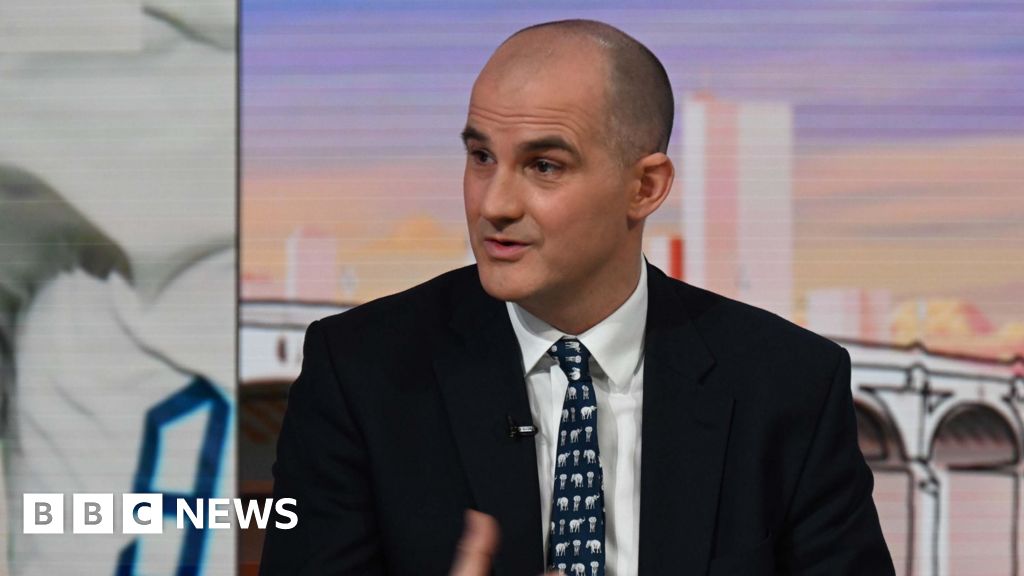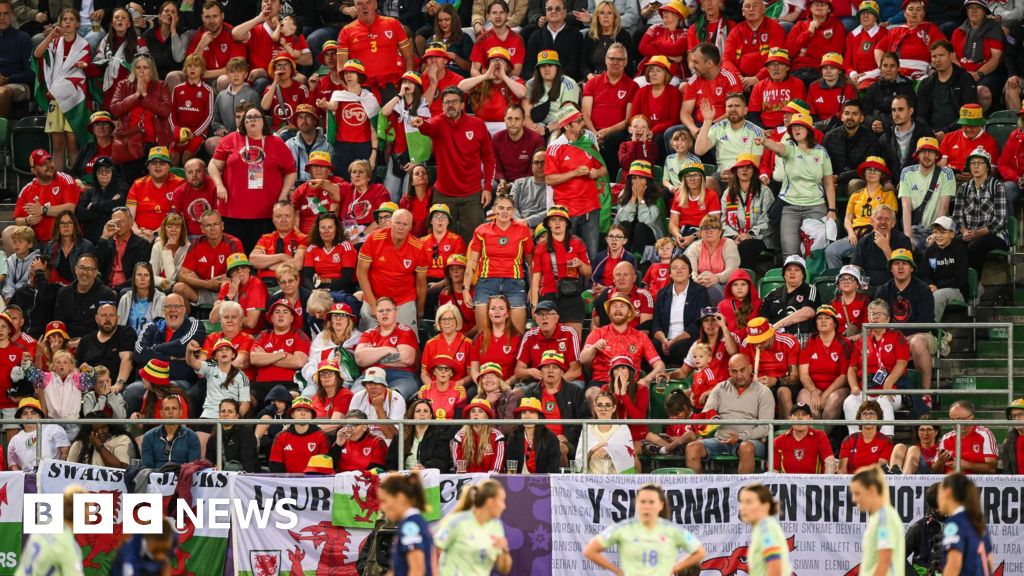PROTECT YOUR DNA WITH QUANTUM TECHNOLOGY
Orgo-Life the new way to the future Advertising by AdpathwayBRUSSELS — Just as the EU faces some of its biggest decisions on green goals and trade, who should get to spend some quality time with European Commission President Ursula von der Leyen but 13 of Germany’s top industry bosses?
It’s not unusual for von der Leyen to carve out time for her compatriots, and figures show that German businesses are the leaders in securing access to the president’s office on the 13th floor of the Berlaymont.
The timing couldn’t have been more propitious for a visit, with Brussels facing a July 8 deadline to agree a trade truce with U.S. President Donald Trump, and traditional industries lobbying for wiggle room to preserve their “competitiveness” in the face of EU green rules.
Indeed, just as the CEOs were pouring out their woes to the Commission president, a few floors below, Teresa Ribera, commissioner for a clean industrial transition, was presenting the bloc’s climate targets for 2040.
Von der Leyen’s center-right European People’s Party is widely accused of watering down the EU’s environmental agenda to help preserve competitiveness, and the German visitors seemed satisfied she was alive to their interests.
The Commission president was “listening very closely to the details,” said Hendrik Wüst, the minister-president of the industrial powerhouse region of North Rhine-Westphalia, who accompanied the CEOs. “We have passed along quite a lot of good subjects to President von der Leyen, who will also support competitiveness,” he added. “We have received quite a strong signal from her.”
Wüst hails from von der Leyen’s party in Germany, the Christian Democratic Union within the EPP’s group.
Industry representatives from other EU member countries haven’t been as lucky. Confindustria, the Italian business confederation, told POLITICO that Italian industry leaders never get that kind of facetime with the president.
But the Germans paraded their ease of access. Markus Steilemann, chief executive of chemicals company Covestro, told POLITICO this wasn’t the first time he had met the Commission’s top official. There have been “numerous occasions,” he said, ascribing it to his “numerous accountabilities within the European chemical industry, within the German chemical industry, but also as a CEO.”
Climate goals constituted a major chunk of the discussions. “Flexibility” and “pragmatism” were the most cited words during the meeting, according to a readout given to the press shortly afterward.
“The way to [a] climate neutral industry is not what we question,” Wüst told reporters at a press conference. “We want to follow that path, but we need to be pragmatic and have a reality check that what we are implementing is actually compatible with competitiveness.”
German industry chiefs are also watching the upcoming round of trade negotiations with the U.S. with trepidation. “We have an industry that depends on exports after all,” Wüst said, so “we are interested in a deal, a fair deal, of course.”
 Markus Steilemann, chief executive of chemicals company Covestro, told POLITICO this wasn’t the first time he had met the Commission’s top official. | Oliver Berg/Picture Alliance via Getty Images
Markus Steilemann, chief executive of chemicals company Covestro, told POLITICO this wasn’t the first time he had met the Commission’s top official. | Oliver Berg/Picture Alliance via Getty ImagesThe Commission insisted the visit represented business as normal.
“This meeting is to be seen in a whole series of dialogues with representatives of important European industries,” Commission spokesperson Arianna Podestà told POLITICO in an emailed statement, citing “the strategic dialogues with several sectors” as an example.
The spokesperson described Wednesday’s meeting as an “excellent exchange,” touching on “topics like energy, single market for waste, the Savings and Investment Union, competitiveness, rule of law, reducing bureaucracy or decarbonization.”
Podestà added: “The headquarters of the companies are based in [North Rhine-Westphalia], but they are active across Europe and the world. Businesses from NRW have close ties with their European partners, with exports to the EU amounting to around €142 billion.”
To ensure the French and Italians don’t feel left out after the German love-in, von der Leyen will attend a Franco-Italian economic forum in Rome on July 9-10.
Giorgio Leali contributed reporting.


 1 week ago
4
1 week ago
4










 English (US) ·
English (US) ·  French (CA) ·
French (CA) ·  French (FR) ·
French (FR) ·